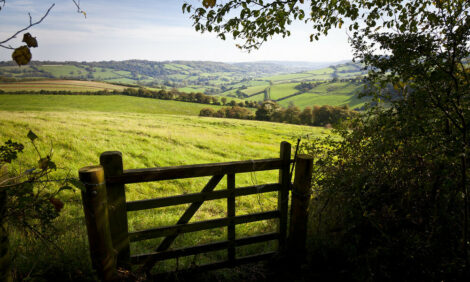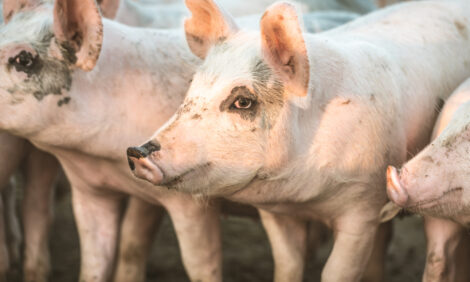



Producers Advised to Monitor Herd Performance
CANADA - An animal science professor with the University of Manitoba is advising swine producers to monitor the quality of feed ingredients and pay close attention to the performance of their own herds to avoid the problems associated with fusarium head blight-infected feed grains, Bruce Cochrane writes. The abnormally wet and warm 2010 growing conditions have resulted in higher than normal levels of fusarium head blight infection in cereal grains, particularly in winter wheat.
Research has indicated that, for every one part per million increase in the mycotoxin produced by fusarium head blight over one part per million, feed intake will be reduced by about a seven and a half percent.
Dr Martin Nyachoti, an animal science professor with the University of Manitoba, says if fusarium head blight infection is suspected the first recommendation is to have samples tested.
Dr Martin Nyachoti-University of Manitoba
Fusarium head blight which is the fungus that infects the grains produces a mycotoxin that we generally call DON or vomitoxin as it's generally referred to.
The major concern is that DON leads to feed refusal in most cases and may sometimes lead to vomiting of swine consuming DON-contaminated grains, which explains why sometimes the toxin itself is called vomitoxin.
That will then lead to poor performance of the pigs and generally reduce herd performance.
That has trickle-down effects and will affect the economic performance of the farm.
Dr Nyachoti says, in general terms, we should not exceed one part per million of DON in the complete ration.
However he says, because of the variable responses to DON, it's important to work on each farm on a case by case basis and look at the animals carefully.
He says performance may not always be reflected in what the lab results say because there are other factors that will affect how pigs respond to DON levels so it's important to look at what your own animals are doing.






